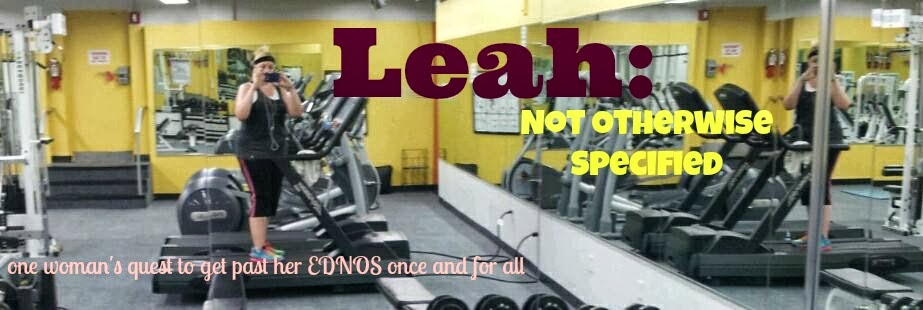Many people believe that the only way to get good nutrition is by eating the Standard American Diet (SAD), which includes meat, dairy, and eggs. However, there is another option: a vegan diet. A vegan diet is a vegetarian diet that excludes all animal products, including dairy and eggs. As the vegan population has increased in recent years, so has the debate on the validity of veganism as a dietary choice. Besides more and more people becoming aware of this issue, it really hasn’t changed. If you are a vegan, or if you know someone who is, then it probably seems as if this is a very old and very well-known controversy. The truth is that most people are unaware of this controversy because they have not been exposed to veganism as a legitimate dietary option. Everyone who tries to eat in a healthy manner has a stake in this issue. Anyone in the health industry, particularly those in professions which advise the public how to eat, such as dieticians, has high stakes in this. The most directly affected in this controversy are the vegans themselves. Is it possible to get adequate nutrition from a vegan diet?
Some argue that veganism cannot provide adequate nutrition for all age groups, or for both men and women. They focus on the nutrients that may be lacking in a vegan diet, such as protein, iron, vitamin B12, calcium, and essential fatty acids (omega 3 and 6) (Richards, 12-17). All of these are easily obtained through eating meat, animal products, dairy, and fish. Children need more protein, cholesterol, and calories than adults. All of these things are definitely easier to get by eating animal products than on a plant-based diet. Men may need more protein and iron to maintain their muscles and physiques. Women need more iron and calcium, and those are arguably easier to obtain with animal products such as meat and dairy. There is also the argument that it is natural to eat meat. “Hunter-gatherer societies are believed to represent the original form of human culture and their reliance on meat as an essential source of nutrition shows that meat-eating is natural for humans and always has been” (Issitt and Carson-Dewitt 1).
On the other hand, some argue that a plant-based diet can provide good nutrition for all age groups and both sexes (Rubin 61). Babies can be breast-fed, for example, which is a great alternative to cow’s milk. If breast feeding is impossible, then there are plenty of soy milk formulas available. Children can get many nutrients, including plenty of protein and healthy fats, from a vegan diet with beans, legumes, nuts, oils, fruits, vegetables, and whole grains. Men can get plenty of protein from plants in the form of beans and leafy greens. Women can get calcium from plant-based sources, and there is even some evidence that suggests the calcium derived from plants is more readily absorbed by the bones than the calcium found in dairy (A. Hood 1)
A vegan diet is a controversial thing in the field of health. There is speculation that it may not be a healthy way to eat, especially for young children. Several studies have been conducted that neither completely prove nor disprove that a vegan diet could provide adequate nutrition throughout one’s life. First and foremost, the largest issue that people tend to think of when facing the question of veganism is protein, and the assumption that plant-based protein is inferior to animal protein. There is also the issue of calcium, iron, vitamin B12, and others and whether or not these could be fulfilled on a vegan diet. It has been proven that a vegan diet, if followed correctly, can be very healthy (S. Hood 66).
There are many different viewpoints to consider about vegan eating. There are healthy and unhealthy omnivores who feel as if veganism is a terrible way to eat; they think that all vegans are destined to end up with vitamin deficiencies and severe malnutrition. There are some vegans who feel as if their diet is superior to an omnivorous diet. Finally, there are the moderates, who are more inclined to hold a “to each their own” philosophy when it comes to whether or not one consumes animal products, and who feel as if both omnivorous and vegan diets could be healthy or unhealthy, depending on how they are approached. There are studies that support each of these viewpoints, but the most solid evidence supports the moderates’ views. A vegan diet can provide adequate nutrition just as well as a diet that includes meat and dairy.
...to be continued

1 comment:
Thanks so much for sharing. What a great start to your paper.
Post a Comment